Sascha Nicklisch (PI)
He/Him/His

My academic background is a Masters in Biological Sciences and a Ph.D. in Protein Biochemistry at the University of Cologne in Germany. Since 2005, I have been working on structural and functional analysis of soluble and membrane proteins in a variety of organisms. During that time, I have been a Postdoctoral Fellow in the Experimental Physics Department at the University of Osnabrueck, in the Marine Science Institute at UC Santa Barbara, and at Scripps Institution of Oceanography (SIO) at UC San Diego. My areas of expertise are Protein Biochemistry, Structural Biology, and Molecular Toxicology.
In my (limited) free time, I like to run with my wife, son, and dog Yoshi or practice different types of martial arts (Vo Dao Vietnam, Muay Thai, Escrima, Capoeira).
Graduate Students
Angela Encerrado (AGC)
She/Her/They/Them
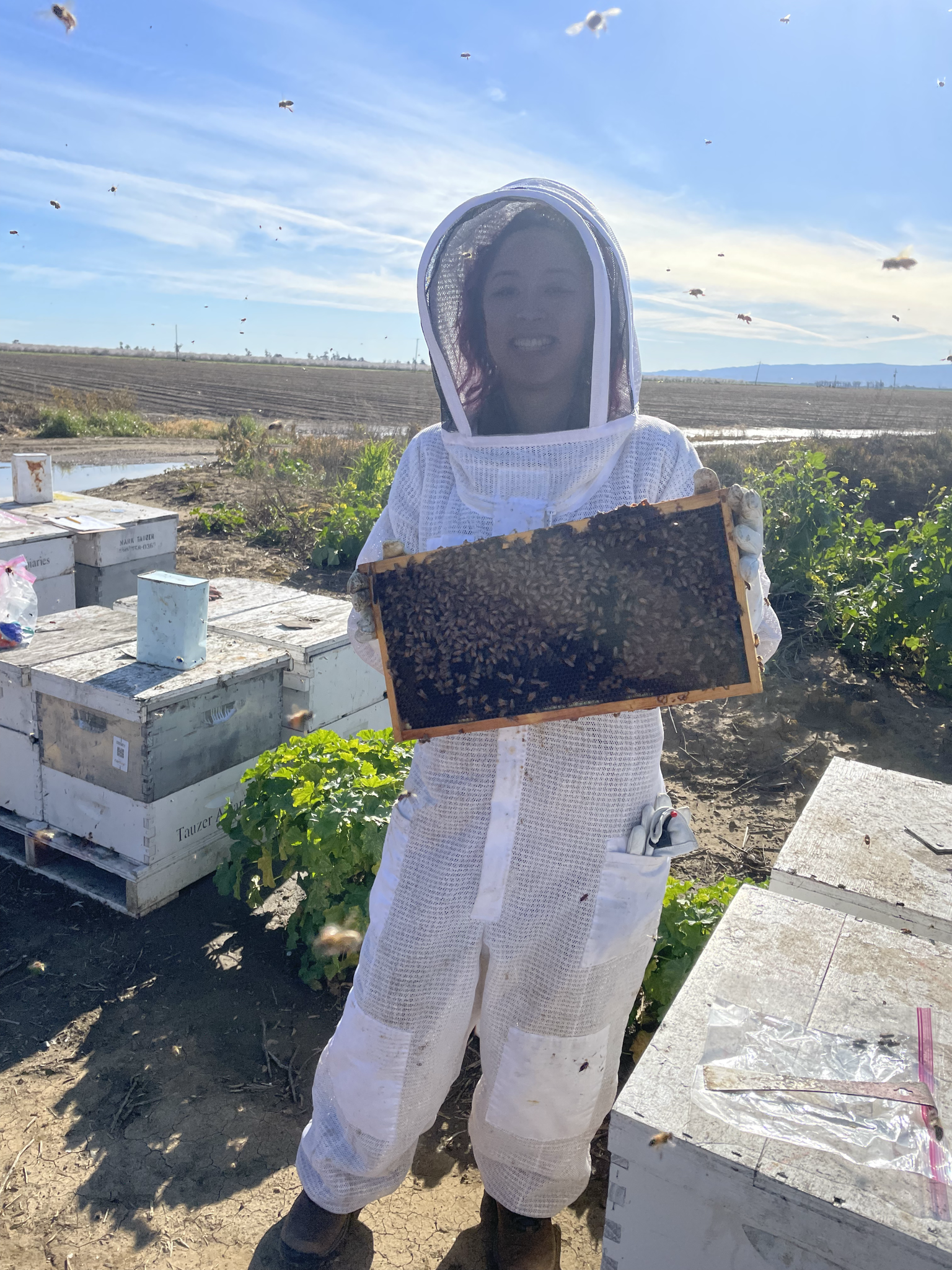
Angela received her Bachelor of Science degree in Environmental Chemistry from the University of Texas at El Paso (UTEP) in 2018, where she worked with Dr. Wen-Yee Lee on green chemistry method development for the analysis of endocrine-disrupting chemicals in complex matrices. After her Bachelor’s degree she continued to work under Dr. Lee’s mentorship as part of her Master of Science degree in Chemistry which she obtained from UTEP in 2020. Her thesis project was on the development of an analytical method using a green chemistry extraction technique for the analysis of fatty acids from adipose tissue using GC-MS.
At UC Davis, Angela is pursuing her Ph.D. degree in Agricultural and Environmental Chemistry. Currently, Angela is part of a collaborative project between UCD, USDA-ARS and LLNL-CAMS focused on the study of pesticides in honey bee hives. In the future, she would like to continue her academic career in a related postdoctoral position, and later work in a national laboratory or in education back in her hometown.
In her free time, Angela enjoys drawing, listening to a podcast, watching documentaries, and preparing/eating good Mexican dishes.
Zeke Spooner (AGC)
He/Him/His

Zeke is a PhD Student in the Agricultural and Environmental Chemistry Graduate Group at UC Davis. His current research focuses are environmental fate of microplastics in the Bodega Marine Reserve and toxicology of fibrous microplastics.
Growing up in the Monterey Bay Area, Zeke learned to love the ocean at an early age. This developed into an interest in aquatic toxicology that led him to pursue a B.S. in Environmental Toxicology from UC Davis. He worked in several research labs during his undergraduate career, including the AHP Aquatic Toxicology Laboratory, the Air Quality Research Center and the Nicklisch Lab. Afterwards, he sought to pursue his interests in modern marine pollutants, leading him to his current PhD program under the mentorship of Dr. Christina Pasparakis (ToPEC Lab) and Dr. Sascha Nicklisch.
Outside of school and work, Zeke enjoys spending time with his friends, playing basketball, baking, learning Spanish, and playing the piano.
Eli Wooliever (AGC)
He/Him/His
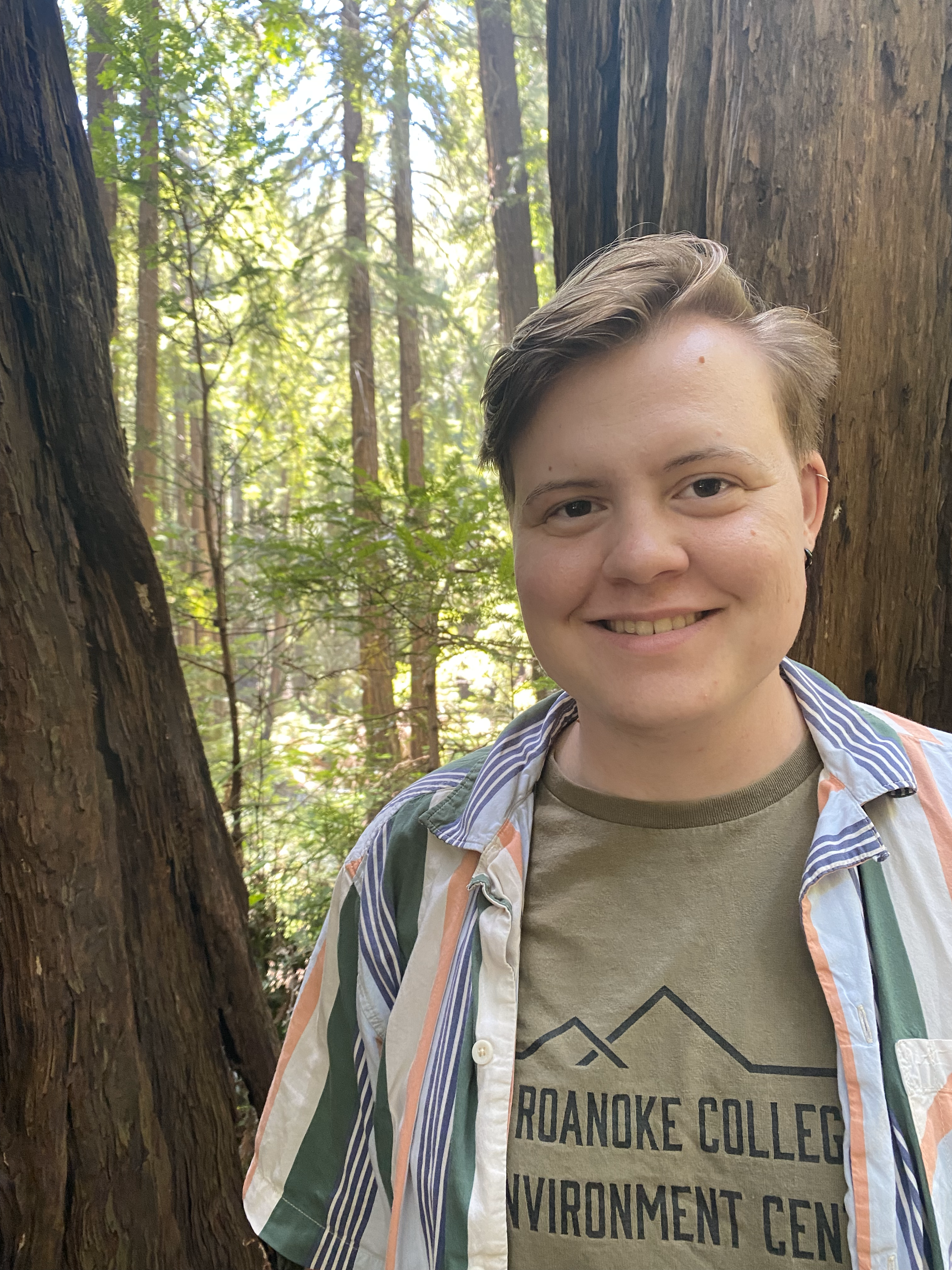 Eli received his Bachelor of Science in Biochemistry and Physics at Roanoke College. While there, he worked on a variety of environmental research, including determining the effect of temperature and precipitation fluctuations on soil microbial nutrient cycling as well as a meadow, forest, and wetland restoration project. His senior thesis was an analysis of microplastic distribution in surface waters by proximity to a historic landfill using microscopy and Raman spectroscopy.
Eli received his Bachelor of Science in Biochemistry and Physics at Roanoke College. While there, he worked on a variety of environmental research, including determining the effect of temperature and precipitation fluctuations on soil microbial nutrient cycling as well as a meadow, forest, and wetland restoration project. His senior thesis was an analysis of microplastic distribution in surface waters by proximity to a historic landfill using microscopy and Raman spectroscopy.
At UC Davis, Eli is pursuing his Ph.D. in Agricultural and Environmental Chemistry. Under the mentorship of Dr. Nicklisch and Dr. Randy Carney, he is investigating the mechanisms of toxicity of aerosolized pollutant-adsorbed nanoplastics (PANs) on lung epithelia. Currently, he is measuring the inflammatory, carcinogenic, and oxidative stress response in vitro through genetic regulation and bioassay endpoints. In the future, he will assess the bioavailability and efflux of adsorbing pollutants in the presence of nanoplastics by lung epithelia.
In his free time, Eli enjoys reading, drawing, playing board games, and hiking.
Undergrads
Leo Konefat
He/Him/His
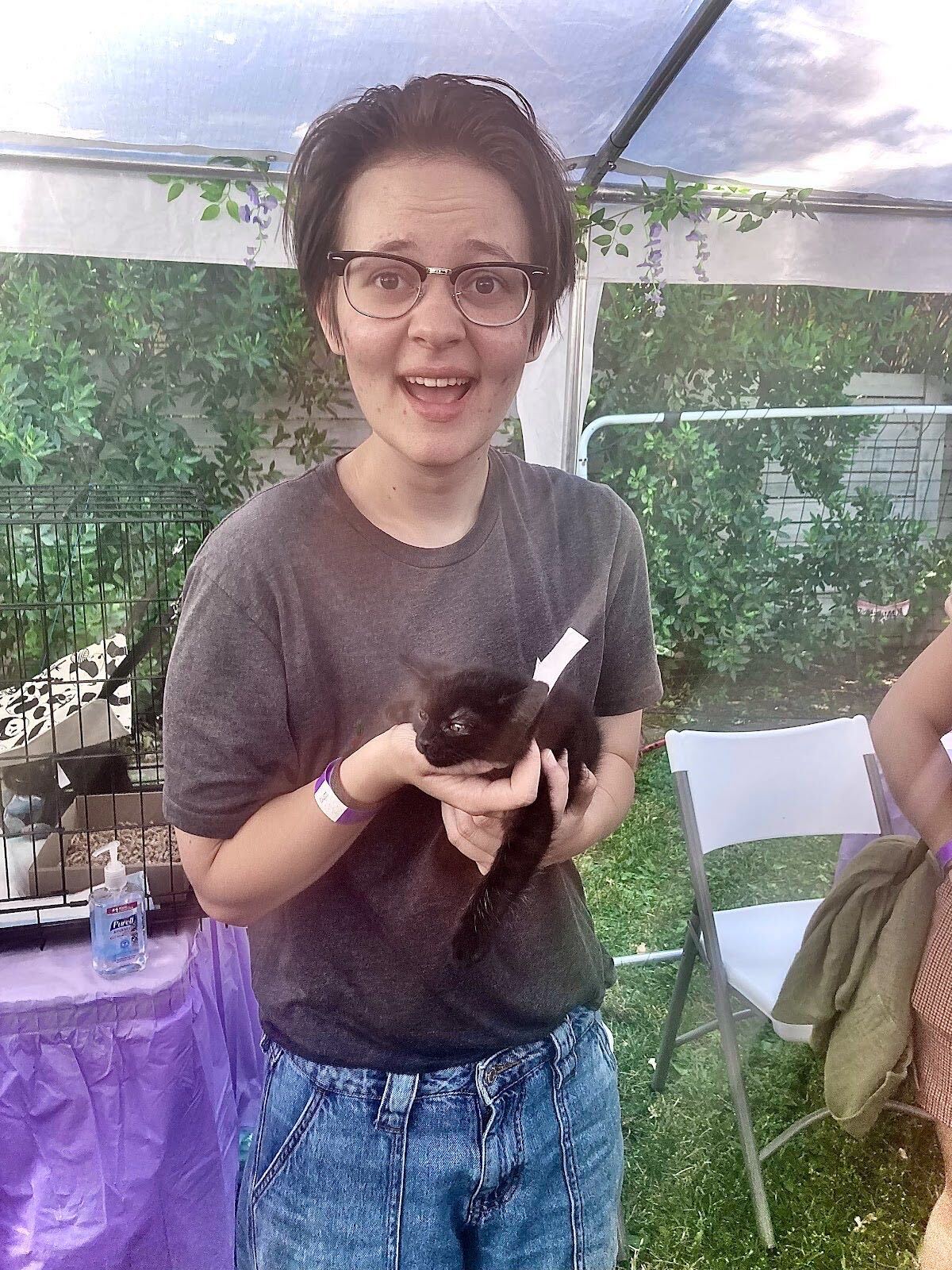
Leo is a second-year student at UC Davis pursuing a Bachelor of Science in Molecular and Medical Microbiology. Through environmental restoration projects in service organizations like the Boy Scouts of America and AmeriCorps; Leo became interested in bioremediation of environmental contaminants and work mitigating the effects of pollutants on human health.
He is currently working with the Nicklisch Lab on updating a database logging transporter-interfering chemicals and their known interactions for the future use of toxicologists and healthcare providers.
For fun, Leo enjoys reading, playing guitar, making friendship bracelets and executing his plan to become the silliest goose on planet Earth.
Basil Chen
Any/All
Basil Chen is a third-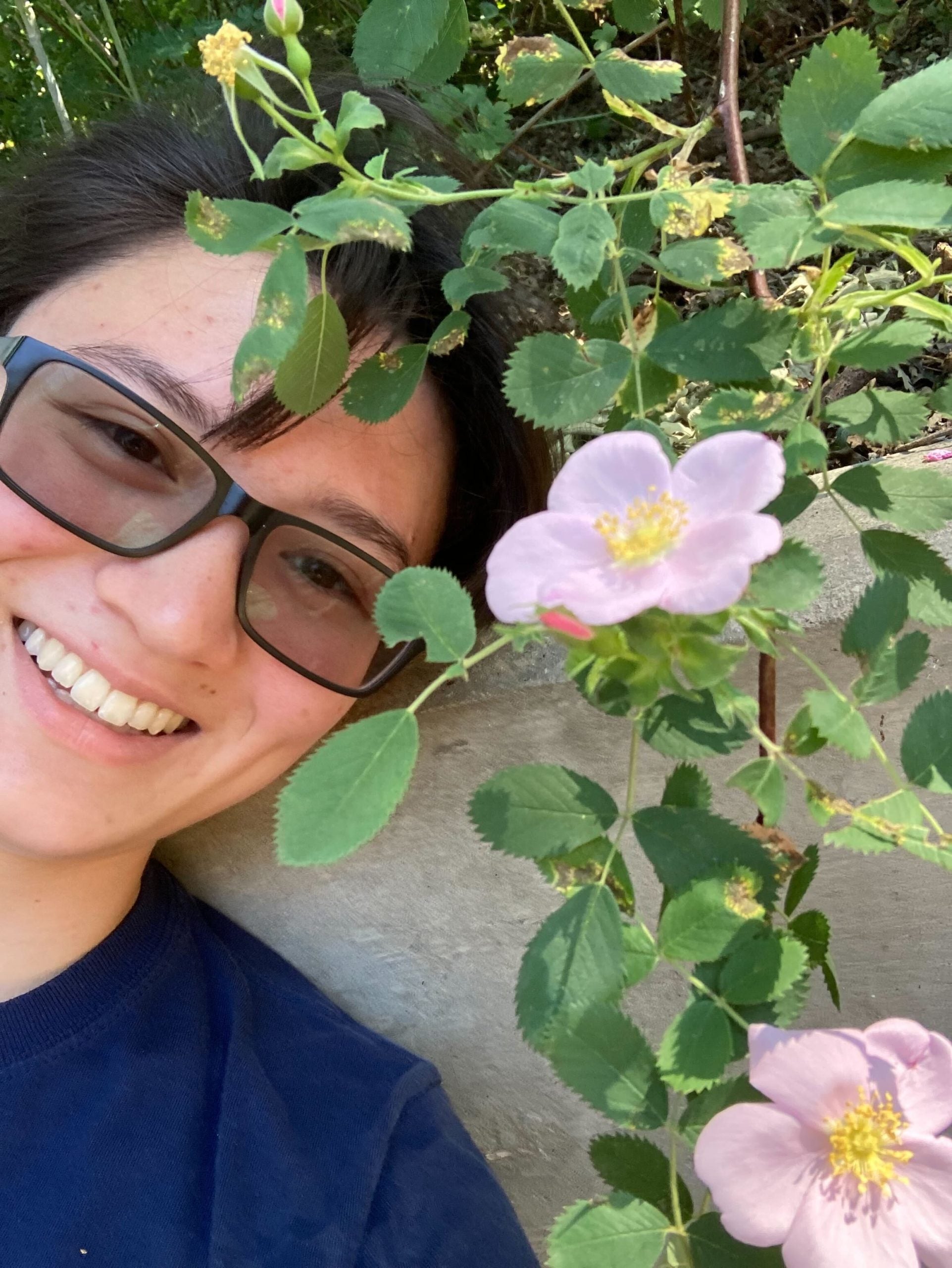 year student pursuing a Bachelors in Biotechnology with a focus in Bioinformatics at UC Davis. Due to a lifelong interest in computers and biology, he joined a biotechnology program and took programming classes at his high school in Southern California and has since decided to pursue a field that combines both: bioinformatics.
year student pursuing a Bachelors in Biotechnology with a focus in Bioinformatics at UC Davis. Due to a lifelong interest in computers and biology, he joined a biotechnology program and took programming classes at his high school in Southern California and has since decided to pursue a field that combines both: bioinformatics.
At the lab, he is helping to curate the transporter-interfering chemicals database with Leo and hoping to aid in processing the resulting data to better understand and predict the relationships between those transporters and the chemicals involved.
For fun, he likes to write, experiment with different programming projects, cook with friends, and fold origami.
Chennie Chung
She/Her

Chennie is a 2nd year Biochemistry and molecular biology major at UC Davis. She grew up in Seoul, Korea and later moved to Folsom, and has always been interested in studying the cellular mechanisms behind neurological disorders. Her desire to learn more about how our environment can affect our human body led her to seek environmental toxicology research in the Nicklisch lab.
At the lab, she works with Eli to study the cellular uptake mechanism of nanoplastics in human lung and brain cells by assisting with molecular techniques such as RNA extraction and qPCR.
In her free time, she likes to draw, play guitar, take pictures and videos with her friends and families!
Claire Young
She/Her
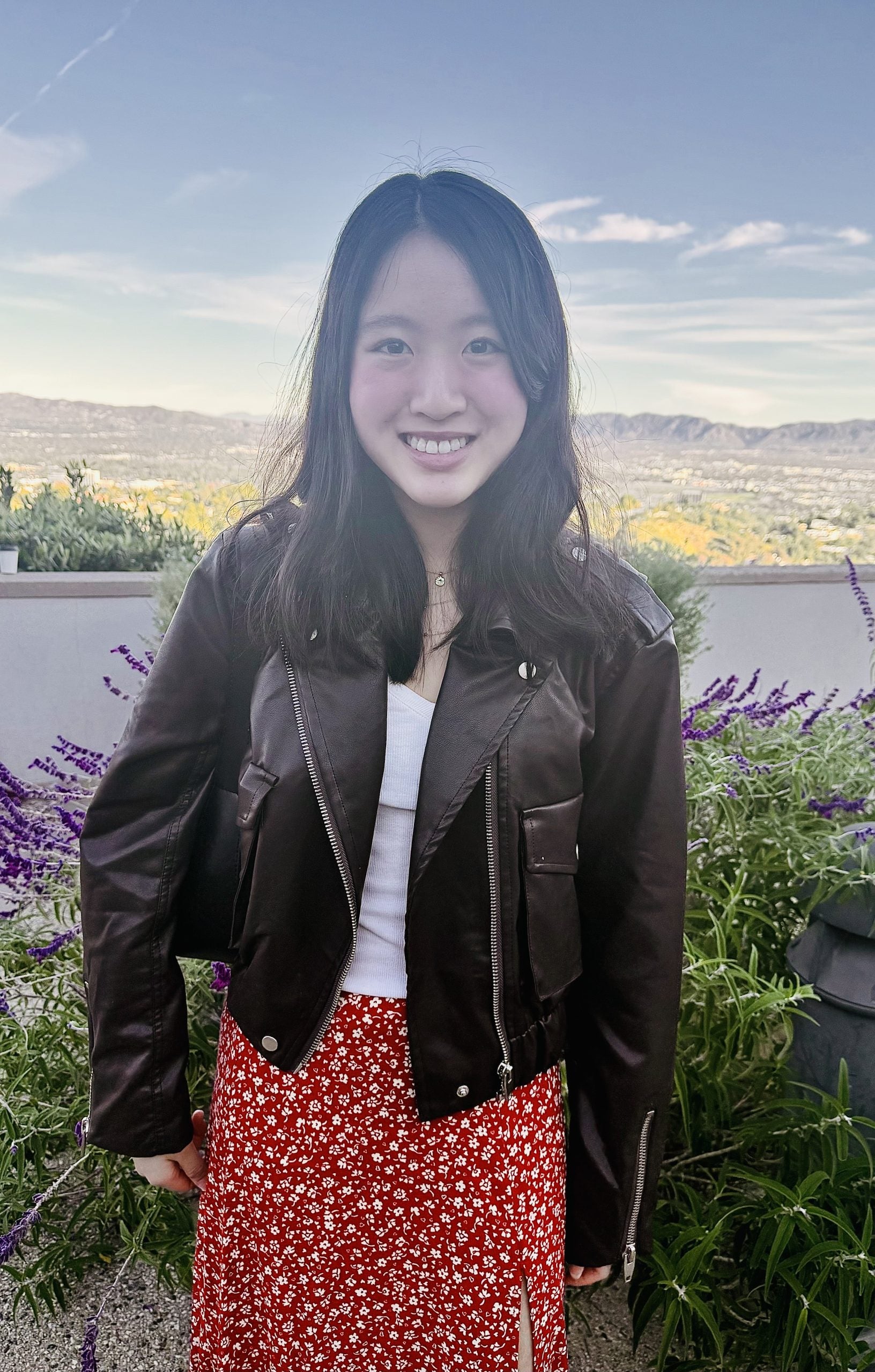 Claire is a second year Biological Sciences major at UC Davis. After witnessing the impacts of the Los Angeles wildfires in her hometown, she began looking for ways to determine the health risks posed by toxic soil, residual ash, and heavy metal contamination in her community. At the UCLA Subsurface Engineering and Analysis Laboratory (SEALab), she conducted research assessing fire-induced chromium (VI) and lead leaching in Altadena and Pacific Palisades neighborhoods. She also experimented with biofilters in an ongoing project to remove PFAS and other pollutants from stormwater runoff in the Ballona Wetlands. Her involvement in biogeochemical research furthered her interest in exploring the effects of environmental pollution on human health. At the Nicklisch Lab, Claire is working with Eli to analyze the effect of pollutant absorbed nanoplastics (PANs) on human bronchial and alveolar epithelial cells. The project seeks to determine the toxic mechanisms of actions of aerosolized PANs through protein and genetic expression analysis of induced inflammatory, carcinogenic, and oxidative stress pathways.Outside of academics, Claire is an avid long distance runner and snowboarding enthusiast. She also loves reading classic literature, learning new languages, and hiking with friends!
Claire is a second year Biological Sciences major at UC Davis. After witnessing the impacts of the Los Angeles wildfires in her hometown, she began looking for ways to determine the health risks posed by toxic soil, residual ash, and heavy metal contamination in her community. At the UCLA Subsurface Engineering and Analysis Laboratory (SEALab), she conducted research assessing fire-induced chromium (VI) and lead leaching in Altadena and Pacific Palisades neighborhoods. She also experimented with biofilters in an ongoing project to remove PFAS and other pollutants from stormwater runoff in the Ballona Wetlands. Her involvement in biogeochemical research furthered her interest in exploring the effects of environmental pollution on human health. At the Nicklisch Lab, Claire is working with Eli to analyze the effect of pollutant absorbed nanoplastics (PANs) on human bronchial and alveolar epithelial cells. The project seeks to determine the toxic mechanisms of actions of aerosolized PANs through protein and genetic expression analysis of induced inflammatory, carcinogenic, and oxidative stress pathways.Outside of academics, Claire is an avid long distance runner and snowboarding enthusiast. She also loves reading classic literature, learning new languages, and hiking with friends!
Zachary Gillette
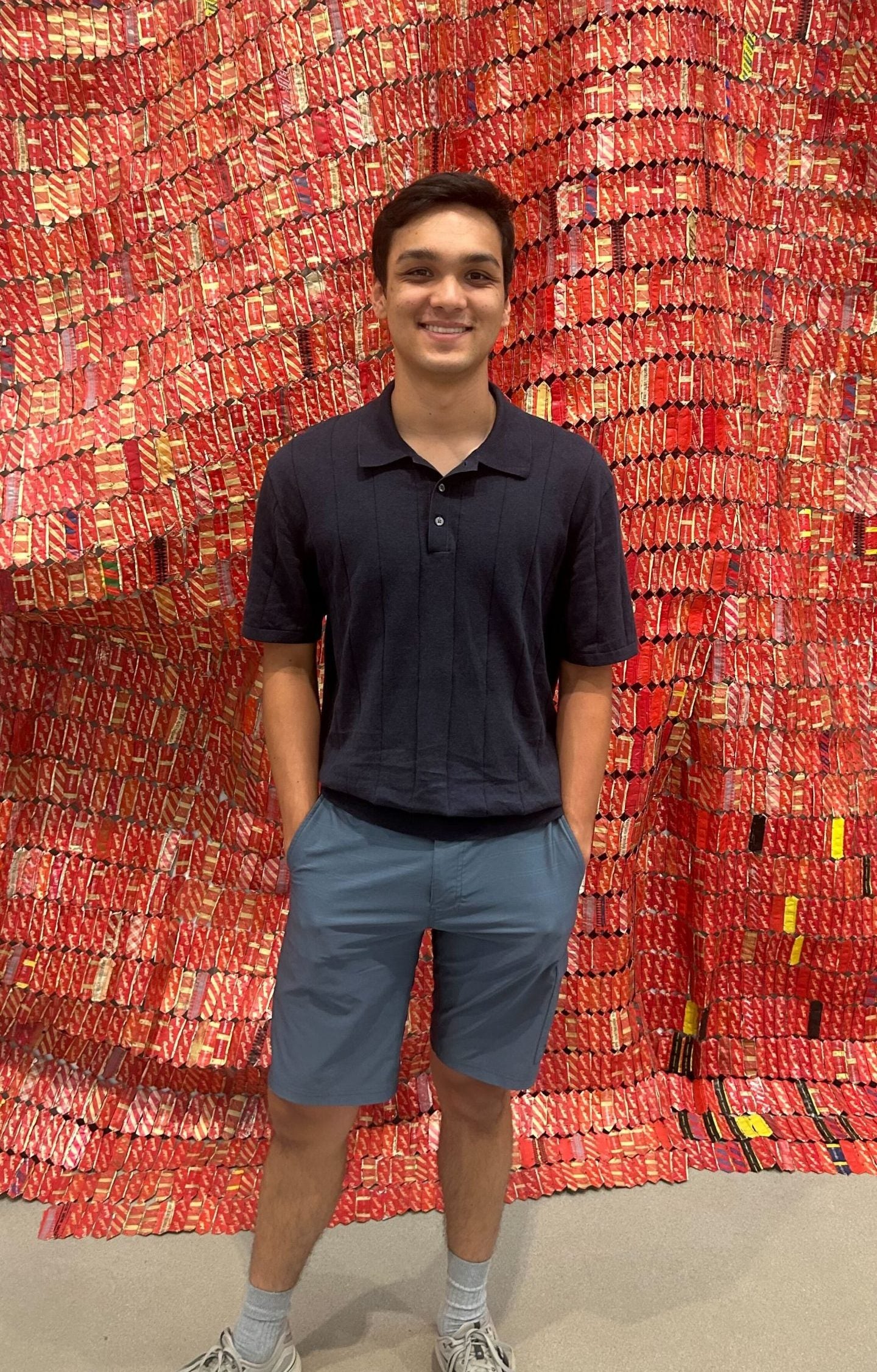
Zach is currently in his third year at UC Davis pursuing a Bachelor of Science in Environmental Toxicology. Having grown up in the Bay Area, he had many field trips to the Santa Cruz Mountains, salt marshes, and Redwood forests. These experiences were his gateway into the fields of biology and environmental science and his interest in studying the effects of environmental pollutants within local ecosystems.
Zach is currently working with the honey bee branch of the laboratory under the mentorship of Angela. The project studies the effects of xenobiotics (pesticides and pharmaceuticals) on protein expression of ABC transporters and other defense genes across multiple honey bee hive members.
In his free time, Zach is often found on his bike — his favorite route is riding out to Winters and back. He also spends time pursuing his interest in modern and medieval European history and hanging out with his friends.
Laboratory Assistants
Lisa Hueck
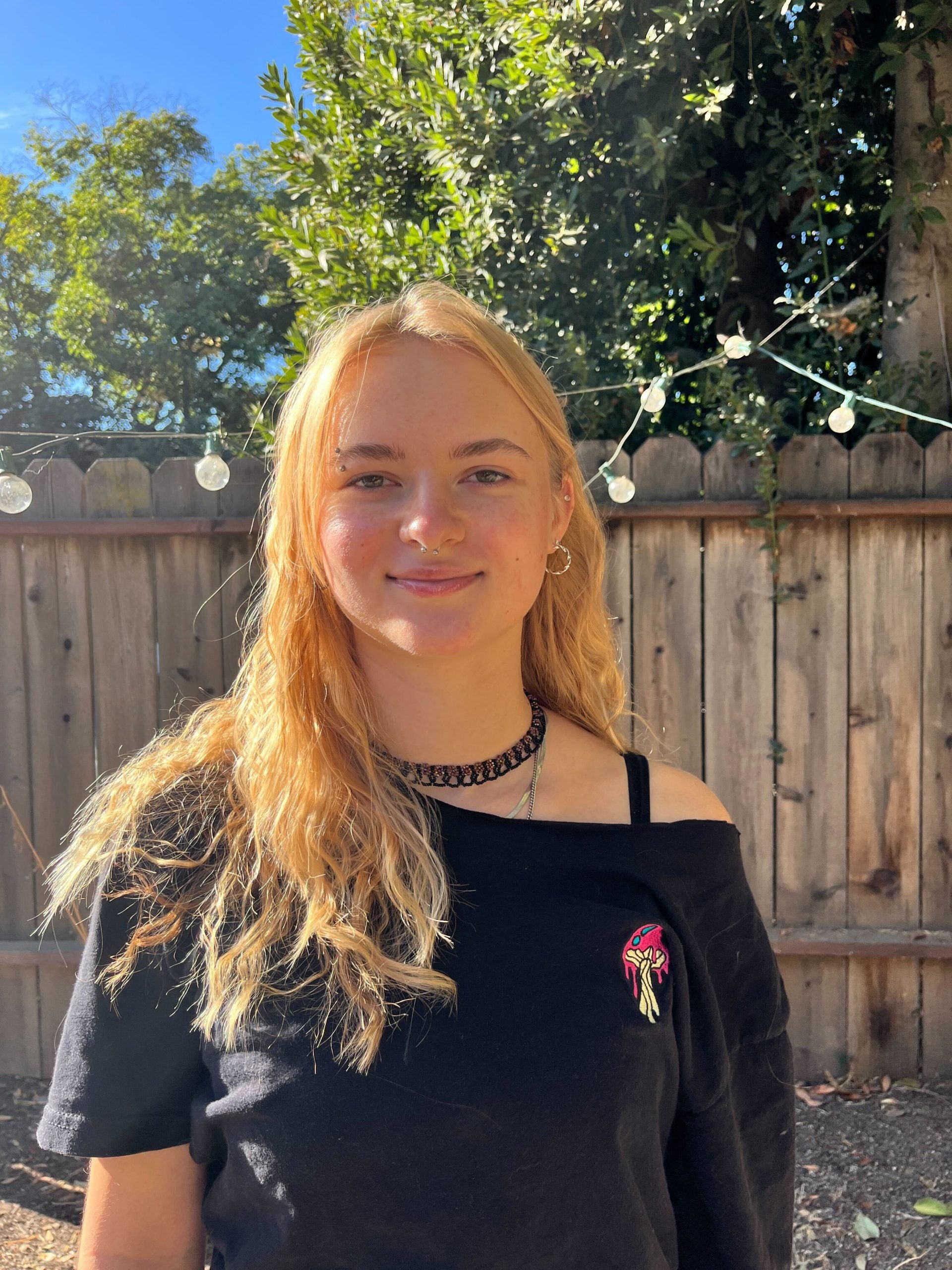
Lisa is a fourth-year student pursuing a bachelors in Biochemistry and Molecular Biology major who grew up in Germany. Her research focuses on using Pichia and E. coli expression hosts to express human drug transporters, specifically ABCG2 and ABCB1.
In the lab, she is involved in various tasks, including cultivating yeast and e coli cultures, measuring cell growth, purifying expression vectors, transforming expression hosts, determining protein yields, and performing techniques like Western blots and SDS gels.
With a strong passion for molecular biology and drug development, she is still exploring her exact career path but is excited about the future impact of her work in healthcare and contributions to advancements in medicine.
Outside of academics, she enjoys listening to music, going for runs and collecting digital cameras to capture photos and videos of my friends and experiences.
Volunteers
Gulab Boon-Long
 Gulab’s journey with the laboratory began during the Summer Pre-College program at UC, Davis. She is volunteering at the Nicklisch lab with hands on projects that involve working with live honey bees and mussels.
Gulab’s journey with the laboratory began during the Summer Pre-College program at UC, Davis. She is volunteering at the Nicklisch lab with hands on projects that involve working with live honey bees and mussels.
Gulab is assisting during exposure studies in the feeding of bees and preparation of diets. Furthermore Gulab is assisting in the processing of bee samples for gene expression analysis using qPCR and for pesticide concentration determination using LC mass spectrometry.
Honorary Members
Yoshi (吉 good luck, 義 righteous, or 良 good)
Yoshi is a male Standard Poodle (Canis lupus familiaris) and joined the lab on December 24th, 2018. His main interests are in distracting the PI (and lab members) from overworking and not getting enough sleep during the week. Yoshi is carnivorous with noticeable omnivorous traits, including left-out shoes, sandals, socks, carpet corners, and kitchen towels. Initially bred as a water dog in Germany for retrieving game from ponds and rivers, Yoshi is supposed to belong to one of the most intelligent dog breeds after Border Collies. Interestingly, Border Collies belong to a group of dog breeds that harbor a heritable MDR1 drug transporter gene mutation, making those dogs highly sensitive to neurotoxic drugs.
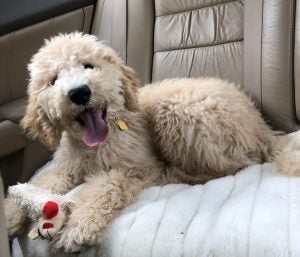
Yoshi’s current project is on developing novel strategies to keep up the high morale and to boost positivity in the Nicklisch Lab. In addition, he relentlessly embodies and promotes some of the most critical values for a successful scientist in many fields of research by being calm, adventurous, social, hard-working, devoted, loyal, people-friendly, easy-to-train, alert, hyperactive, trustworthy, sure-footed, willing-to-learn and just HAPPY!
Salvatore “Sal” Monella
Enter the Dragon: Sal is a male Central Bearded Dragon (Pogona vitticeps) that originates from the deserts in Australia and joined the Nicklisch Lab as a rescued lizard in October 2019. His main interests are in devouring giant mealworms, pooping, and getting daily head scratches and pets from all lab members. 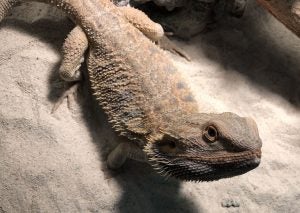
While Sal is well-tamed, his bite is actually venomous with a similar toxin composition as in rattlesnake venom. However, the proteinogenic toxins in Sal’s mucous are mild and not harmful to humans.
Sal likes to chill on his rocks and branches under the basking lamps and watch stressed-out students and postdocs through his glass terrarium in the lab office. Sal enjoys being at the center of the action, which is why lab members often put him on their shoulders while searching for literature or analyzing data on their computers. Sal then typically rewards them with cuddling up to their ears and neck or just by simply falling asleep. Legend has it that if you listen closely, Sal will give you good ideas for your next publication!